The most important aspect of turkey hunting is to have a place to hunt and birds to chase. First, check with your local private landowners because this is a good place to begin scouting gobblers and getting ready for opening day. These turkeys are usually less educated than those on public land. If you can’t find private land, you should contact your local Wildlife and Fisheries. They can advise you about public lands that can offer some good turkey hunting.
Take time to scout these areas you plan to hunt by circuit-riding or long-range observation, while also looking for feathers, scratchings, J-hook (gobbler) droppings, and other signs of turkey presence. When the season is creeping close, look for roost sites. Sometimes a breeding flock of turkeys will use from 3 to 5 different sites but really favor 2 for the most part. One way to find a roost site is to circuit-ride roads in your hunting areas and stop here and there to use a locator call or just listening. Roosted birds will often gobble in reply and reveal their presence 30 minutes before sunset. You can also walk your favorite spots from a distance, and at dusk and after dark, listen for the flap of heavy-wing beats. If you are lucky, a gobbler will give up his location by sounding off. Pinpoint a roost and your chances of taking a gobbler go up astronomically.

Roost Advantage
When turkey hunting in the morning set up as tight as you can on a roosted gobbler, getting as tight as the terrain will allow, and anticipate where he will likely pitch out. Being in the right spot can make for a flash hunt. Knowing these areas they prefer to visit first will take some scouting and butt whoopings. Most times you will either hear or see the gobbler fly down from the roost. If he does not gobble shortly after fly down, get ready because he is more than likely heading to your position. There are more hen turkeys than ever in the early part of the season and thus more hen competition. Get tight, call hard and aggressive if he is responding, and try to kill him early before his harem of hens get to him and lead him away. Roosting and finding the right set up the night before will make this possible.

Think Like A Turkey
You have to think what the turkey’s thinking. You have to try to get inside that turkey’s head and think to yourself, “What is he thinking right now? What does he think is going on and why should he come to me?” It’s a chess match every time you’re out there chasing a big gobbler. Every single gobbler is different, and every gobbler will usually do something different each morning, making each chess match unforgettable.










